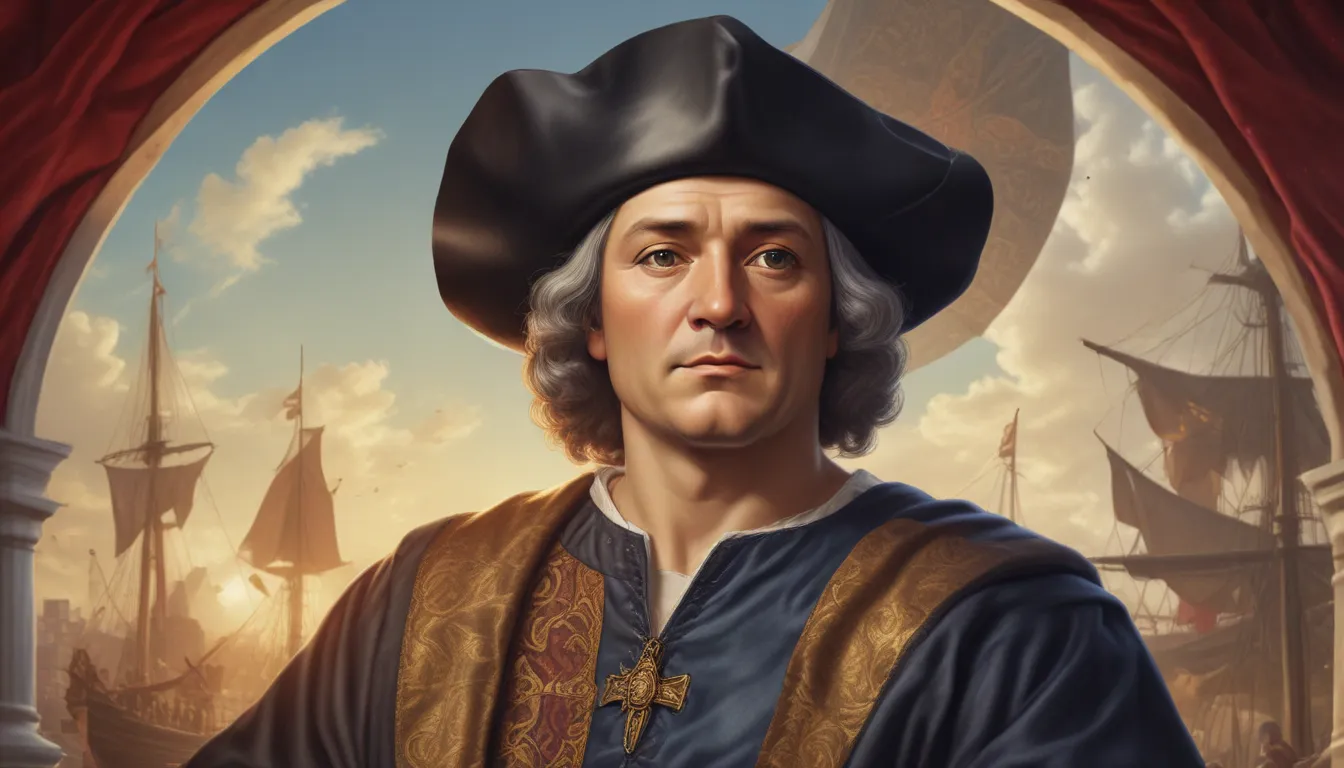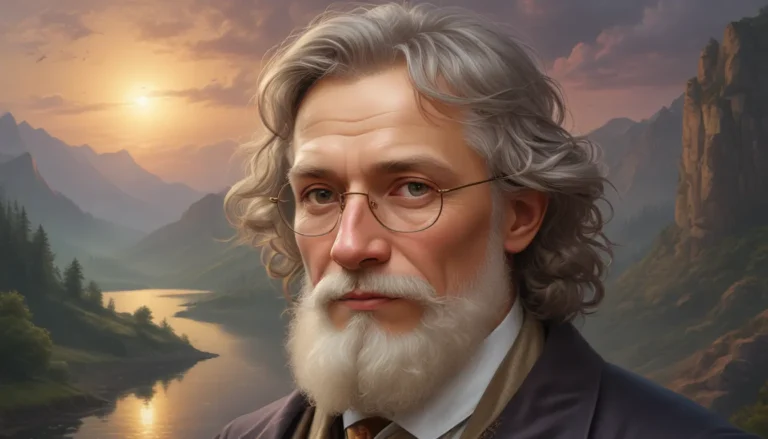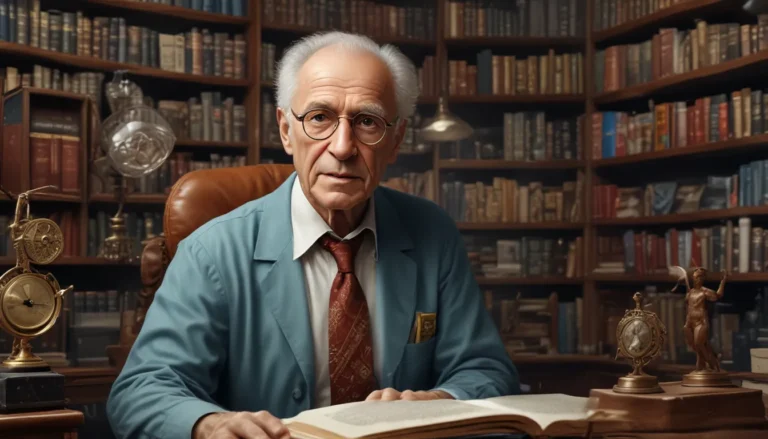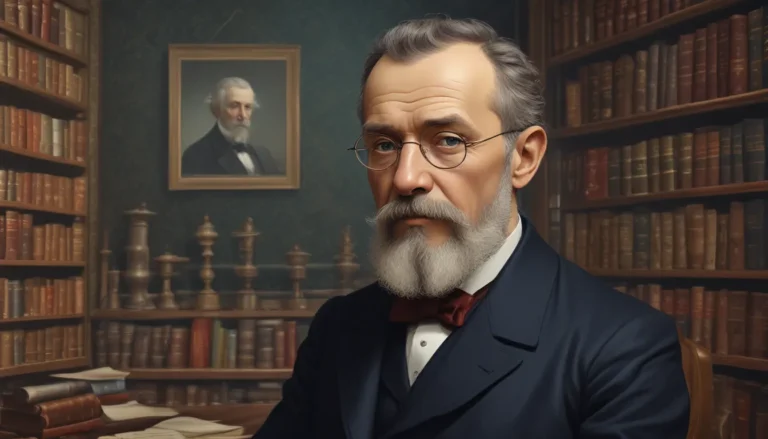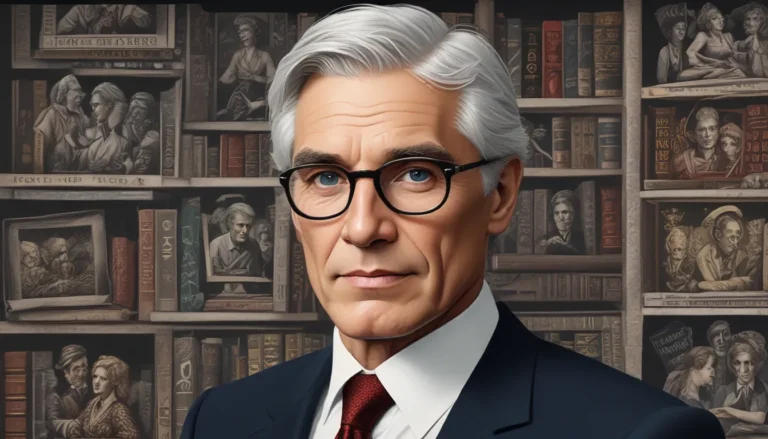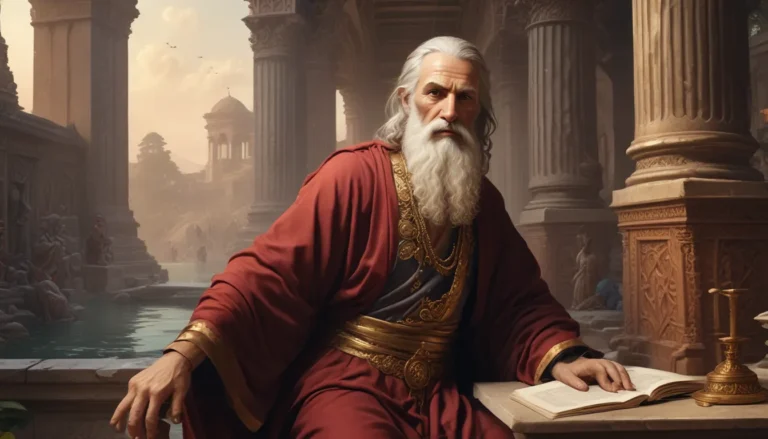The images in our articles may not match the content exactly. They are used to grab your attention, not to show the exact details in the text. The images complement the text but do not replace it.
Christopher Columbus, a name synonymous with exploration and discovery, holds a complex legacy that is often overshadowed by his historical achievements. As we delve into the life and times of this famed explorer, we uncover a story that is both captivating and controversial. Join us on a journey through the truths and myths surrounding Christopher Columbus as we unravel 40 intriguing facts about his life and adventures.
The Complicated Family Life of Christopher Columbus
Christopher Columbus led a life filled with complexities, especially in his family relationships. His first marriage to Filipa Moniz Perestrelo in 1479 resulted in the birth of his son, Diego Columbus, during a trading expedition along the African coast. However, it was his relationship with his mistress, Beatriz Enriquez de Arana, that added another layer of intrigue to his family dynamics. Together, they had a son, Fernando Columbus, whom Christopher recognized as legitimate despite not marrying Beatriz.
The Economic Drive Behind European Exploration
During the era of Christopher Columbus, Europe was driven by the need to find an all-sea route to Asia. The Fall of the Mongol Empire and the rise of the Ottoman Turks obstructed traditional trade routes, leading to a surge in demand for Asian luxuries in Europe. This economic motivation fueled explorers like Columbus to seek new trade routes and establish connections with distant lands.
Columbus’ Quest for Support from Monarchs
Christopher Columbus faced numerous rejections in his quest for support for his expeditions. From King John II of Portugal to the Italian merchant republics of Genoa and Venice, he met with resistance due to perceived impracticality. It was only after approaching King Ferdinand and Queen Isabella of Spain that he found the backing he needed. The Spanish Crown eventually agreed to sponsor his expedition, hoping to break the Portuguese monopoly on trade routes to Asia.
The Arrival in the Americas
In October 1492, Christopher Columbus made landfall in the Americas, marking a historic moment in exploration. Though the exact location remains a topic of debate, scholars believe he arrived at what is now known as San Salvador Island in the Bahamas. Columbus’ subsequent expeditions led to the discovery and naming of many islands in the Caribbean, leaving a lasting imprint on the map of the New World.
The Harsh Realities of Columbus’ Governance
As Columbus assumed the role of governor in the newly discovered territories, his leadership took a dark turn. Enslavement of natives, extraction of non-existent gold, and brutal punishments characterized his rule. The natives revolted against his oppressive regime, leading to mass casualties and forced slavery as a means of quelling dissent. Columbus’ reign as governor revealed the dark underbelly of his legacy, tarnishing his image in the eyes of history.
The Controversies Surrounding Columbus’ Legacy
Christopher Columbus’ legacy has been a subject of ongoing debate and criticism over the centuries. Accusations of cruelty, genocide of native populations, and environmental devastation have marred his reputation as a revered explorer. While defenders of his legacy cite contributions to European expansion and global trade, critics argue that the cost in human lives and suffering outweighs any perceived benefits.
The Enduring Mystery of Columbus’ Final Resting Place
Despite a traditional belief that Columbus rests in the Cathedral of Seville, Spain, the true location of his final resting place remains shrouded in mystery. DNA testing of his remains yielded inconclusive results, leading to conflicting theories about his burial site. Scholars continue to investigate the enigma surrounding Columbus’ burial, adding to the intrigue of his posthumous legacy.
The Evolving Perception of Columbus Day
Columbus Day, celebrated in various countries, including the United States and Spain, commemorates Christopher Columbus’ legacy in the Americas. However, the celebration has faced criticism and revision in recent years due to concerns over the explorer’s controversial actions. Some regions have rebranded the holiday as Italian-American Day, emphasizing cultural heritage over historical figures with problematic legacies.
Uncovering the Myths and Realities of Christopher Columbus
Christopher Columbus, a figure of historical significance and complex legacy, continues to intrigue and provoke debate. As we navigate through the facts and fictions surrounding his life, we gain a deeper understanding of the man behind the myth. From his explorations to his governance, from his family life to his enduring legacy, Christopher Columbus remains a subject of fascination and controversy in the annals of history.
In conclusion, the story of Christopher Columbus serves as a reminder of the nuanced nature of history and the need to critically examine the narratives we inherit. By exploring the depths of his life and times, we gain insight into a pivotal chapter in the history of exploration and colonization. Christopher Columbus, with all his flaws and virtues, remains a compelling figure whose legacy continues to shape our understanding of the past.
